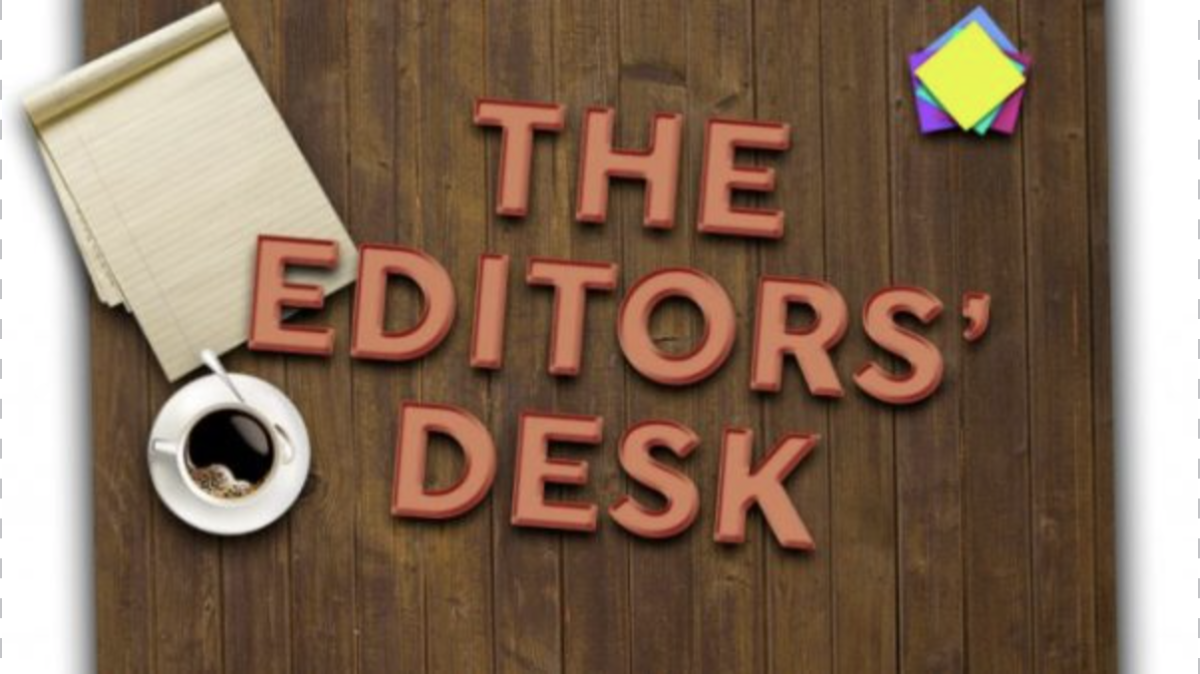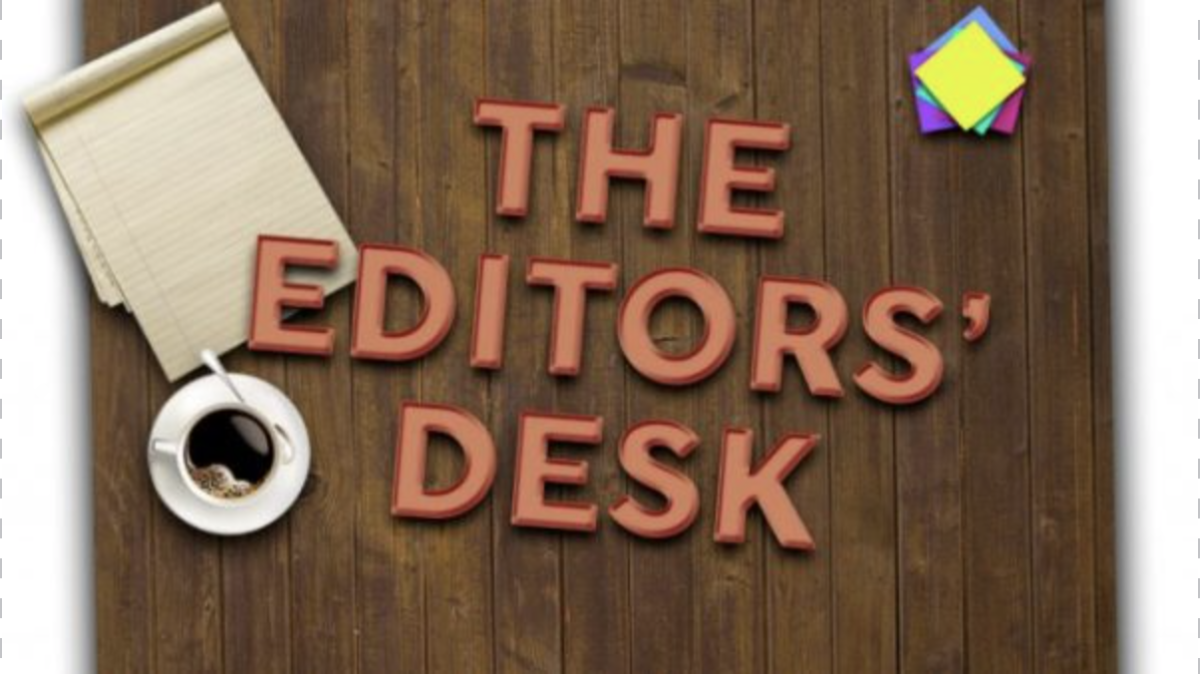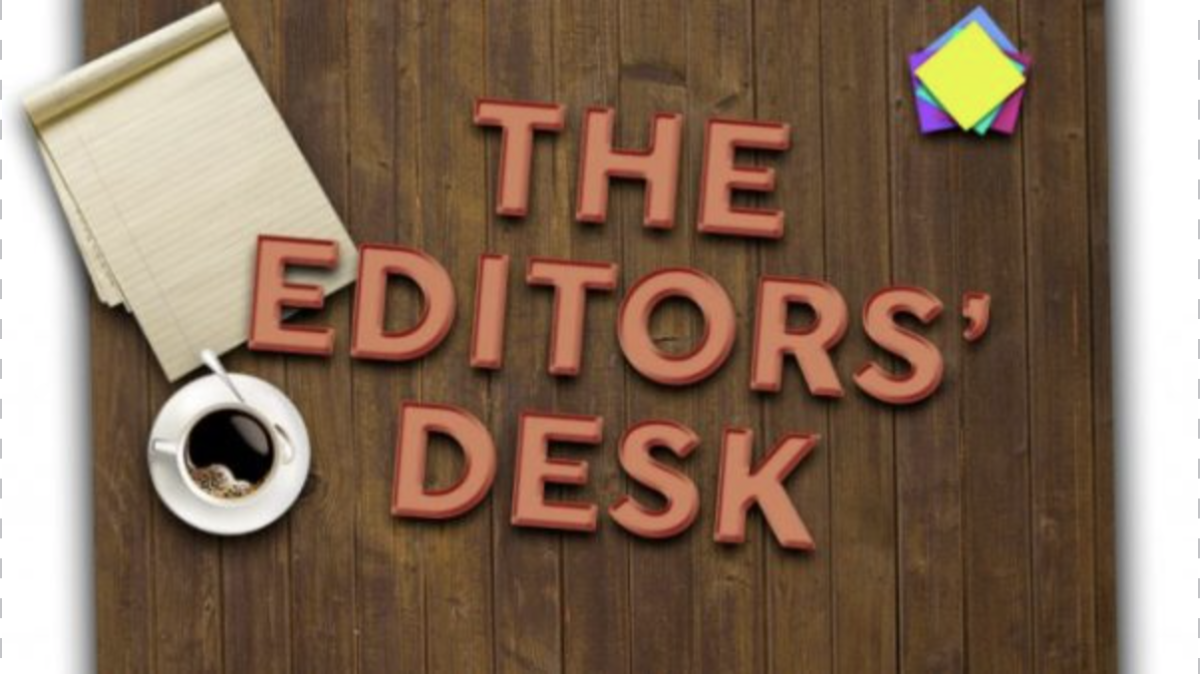It doesn’t matter what sort of activism, agitation, provocation or even publishing you engage in. No matter what, your efforts will upset others and invite criticism.
Things can get ugly, but the best thing to do is roll with the punches, reflect on your position and either adjust or defend it with vigor. The worst thing you can do is accept defeat, roll over and walk back on your efforts simply because you expressed a controversial view. Perseverance and resilience are necessary elements in political struggle.
Labor victories like the 40-hour work week are the result of union-organized protests and strikes in the mid-20th century. Projects for racial justice, from the abolitionists to the civil rights movement and Black Lives Matter, are led by those who faced threats of physical violence as well as social ostracization, unemployment and more.
The week-long uprising at the Stonewall Inn in 1969, in which gender and sexual minorities battled New York Police Department officers in the streets, galvanized the queer community in the U.S. and has served as a model for gender and sexual justice movements since.
“Those loudest people, the most vulnerable, the most likely to be arrested, were the ones doing the real fighting. They were the stormtroopers,” said Martin Boyce, one of the few living veterans of the Stonewall riots, in a 2011 PBS documentary titled “Stonewall Uprising: The Year that Changed America.”
This sort of unwavering commitment to justice can be difficult to maintain. Yet outsiders are too often allowed to shut down the activities of people acting well within their human and legal rights. Those who seek to undermine democracy and its institutions often target universities.
George Ciccariello-Maher, associate professor of politics and global studies at Drexel University, received death threats and other violent messages via email and Twitter after tweeting his take on the Oct. 1 shooting in Las Vegas.
According to Ciccariello-Maher, liberals’ insistence on gun control obscures the root of mass shootings, which are the product of white supremacist and patriarchal attitudes. Conservative and alt-right media outlets including Breitbart and Fox News shared the tweets, resulting in what Ciccariello-Maher called a “flood” of threatening emails in an Oct. 10 opinion column he wrote for the Washington Post. Drexel, fearing for his and students’ safety, placed him on administrative leave this week.
“By bowing to pressure from racist internet trolls, Drexel has sent the wrong signal: That you can control a university’s curriculum with anonymous threats of violence,” Ciccariello-Maher wrote.
On Oct. 4, a student at the University of California, Berkeley uploaded a video to YouTube that depicts students in his class protesting an exam scheduled for that day. Elsewhere on campus, demonstrators rallied in support of President Trump’s decision to rescind Deferred Action for Childhood Arrivals. This, compounded by troubling events occurring around the globe, led the half-dozen students to demand a take-home essay in lieu of the test.
Professor Harley Shaiken, chair of the Center for Latin American Studies at UC-Berkeley, finished listening to the students’ speech before offering a response.
“I am not about to allow “¦ 200 right-wing demonstrators shut down a university,” said Shaiken. “Otherwise, any time 25, 50 or 1,000 people want to stop us “¦ we’ve demonstrated that that’s what will happen.”
In both of these cases, those committed to democratic values called for the resistance of outsiders’ pressure. When your closely held ideals and principles are under attack, an opportunity arises to display bravery and courage.
Few will disagree: This is a difficult task, but it’s one all of us are called to take up. No amount of insults or threats should discourage you from pursuing what you know is right.









